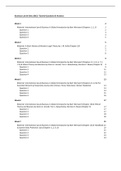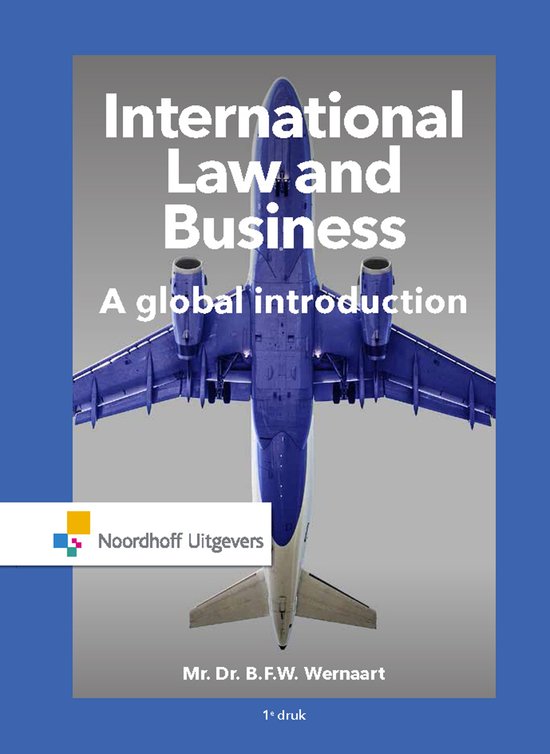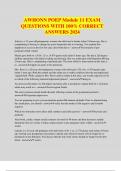Samenvatting
Summary Business Law & Ethics (BLE) Tutorial Questions & Answers - GRADE 10,0
- Instelling
- Universiteit Van Amsterdam (UvA)
Answers to the tutorial/training questions for the course Business Law and Ethics (6012B0428Y) offered at the UvA. The answers are clear and coherent and are based on the mandatory reading material and class discussions (e.g. Padlet). For each week you will find the material needed to be able to an...
[Meer zien]






